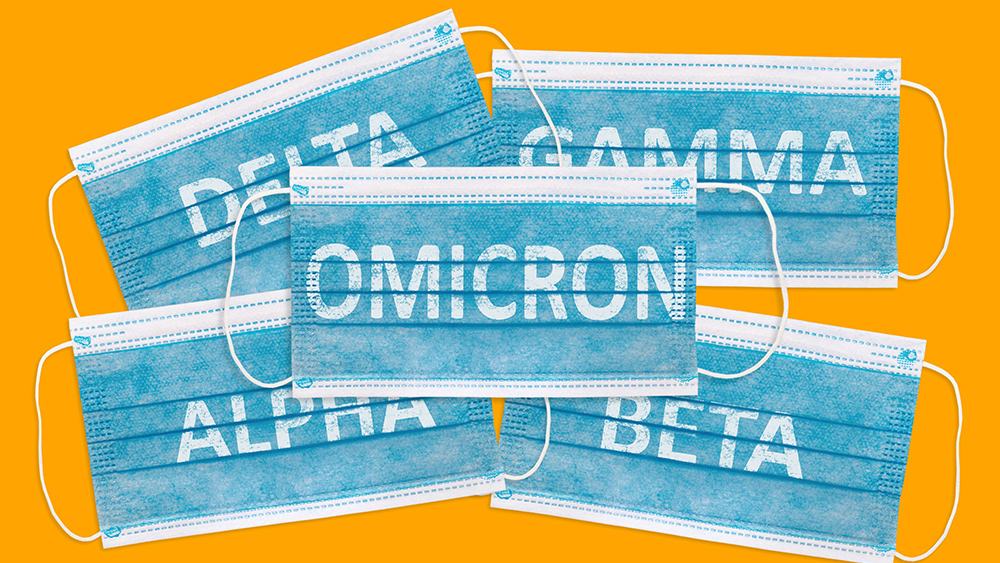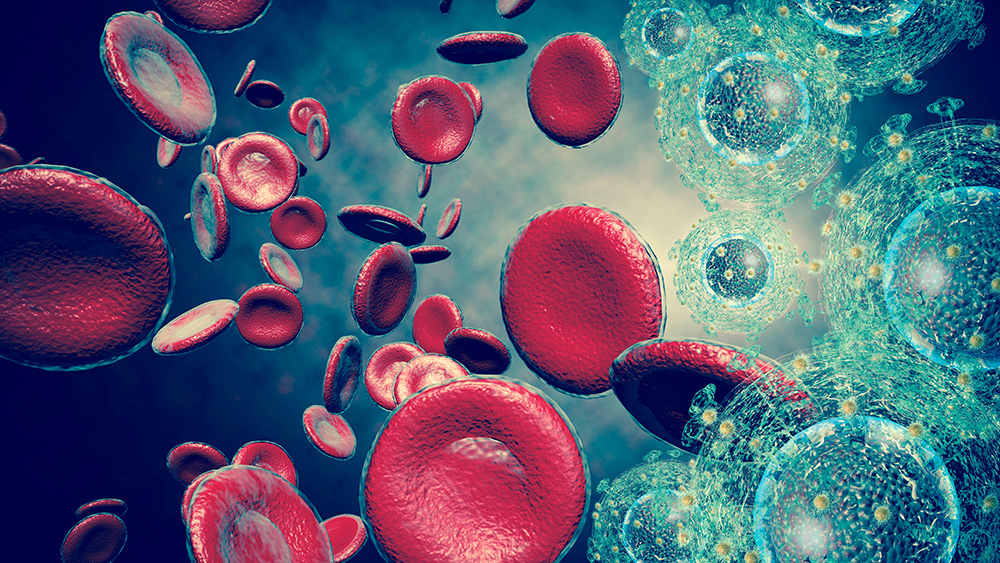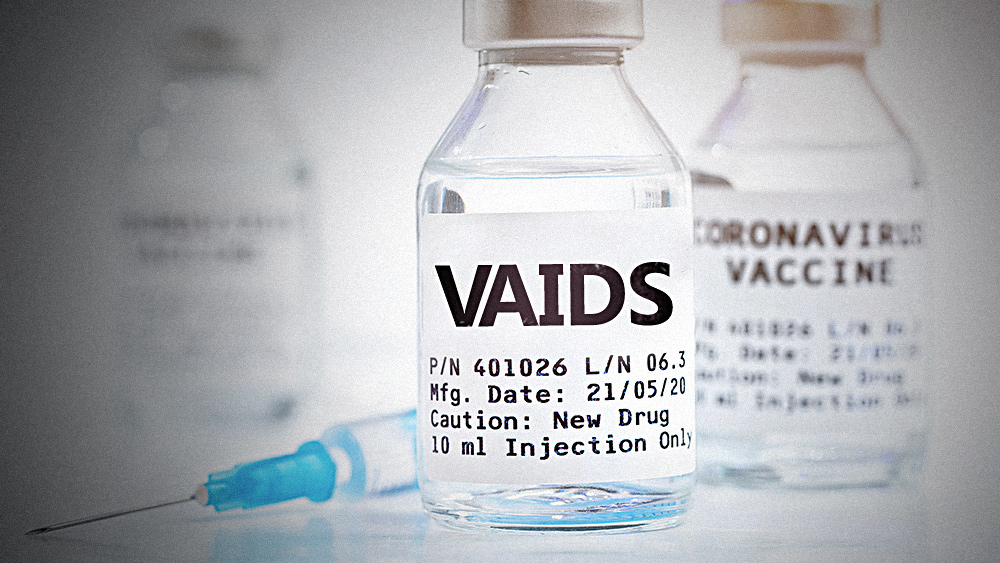New research once again links glyphosate with cancer, as well as damage to DNA
01/23/2023 / By JD Heyes

Another study has linked glyphosate, the primary chemical used by Monsanto in its Roundup herbicide, to increases in cancer as well as alterations to DNA and oxidative stress.
The study, which was published last week in the Journal of the National Cancer Institute, found that people regularly exposed to glyphosate have biomarkers in their urine that are linked to cancers and other diseases.
The researchers took glyphosate level measurements in the urine of farmers as well as others who participated in the study and found that high levels of the pesticide were present and caused reactions in the body known as oxidative stress, which can cause damage to DNA. Such stress is believed by health and scientific experts to be linked to the formation of carcinogens, The Defender, a publication of the Children’s Health Defense organization, reported.
The study’s authors were ten scientists from the National Institutes of Health as well as a pair of scientists from the Centers for Disease Control and Prevention (CDC), all of whom concluded that their research “contributes to the weight of evidence supporting an association between glyphosate exposure and oxidative stress in humans.”
In addition, they wrote that “accumulating evidence supports the role of oxidative stress in the pathogenesis of hematologic cancers,” such as lymphoma, myeloma and leukemia.
“Oxidative stress is not something you want to have,” noted Linda Birnbaum, a toxicologist and former director of the National Institute for Environmental Health Sciences. “This study increases our understanding that glyphosate has the potential to cause cancer.”

These findings follow a report from the CDC last year noting that more than 80% of urine samples drawn from children and adults contained glyphosate. The compound is the most heavily applied herbicide in the history of the world, not just in the United States, but globally.
The Defender noted further:
Roundup has been used by farmers as well as consumers for more than 40 years. Officials with Monsanto and its German owner Bayer AG have always assured the public and regulators that exposure to the weedkiller does not pose a threat to human health.
Bayer said the new NIH study has many “significant methodological limitations that affects its reliability,” and said the results conflict with other government research.
“The increased oxidative stress found in the study could have been caused by any number of non-glyphosate related factors or a combination of them, and the study does not support the conclusion that glyphosate is the cause,” Bayer noted in a statement.
The new findings suggest “these effects may apply more broadly to the general population who are primarily exposed through ingestion of contaminated food and water or residential applications,” the study authors wrote.
Some independent scientists said that the study’s findings are so alarming that they warrant regulatory attention.
“This is a top-level team of investigators and a highly credible study to which regulators need to pay attention,” said Phil Landrigan, a pediatrician and epidemiologist who worked for years at the CDC and the Environmental Protection Agency (EPA). He now leads the Program for Global Public Health and the Common Good at Boston College.
The finding that glyphosate is a cancer-causing agent isn’t new, however. In fact, as Natural News reported in September 2016, U.S. government agencies have known about it for decades:
For at least 35 years Monsanto and the U.S. Environmental Protection Agency (EPA) knew about the cancer-causing abilities of glyphosate-containing herbicides. Nonetheless, they chose to cover it up, putting you, your family and millions of Americans at risk.
Data has been released that Monsanto and the EPA knew that glyphosate causes cancer in mammals as early as 1981. In fact, studies conducted as early as the late 1970s documented cancer caused by glyphosate in lab animals, including, dogs, mice and rats. Monsanto, with the EPA’s cooperation and complacency, intentionally and knowingly hid this information from investors, consumers and the public.
Monsanto used the excuse that the findings of the studies were “trade secrets.” Monsanto successfully manipulated the data from the studies giving the false impression that Roundup was safe for its intended use.
Sources include:
Submit a correction >>
Tagged Under:
Bayer AG, cancer, chemical violence, chemicals, DNA, DNA damage, glyphosate, harvest, hematologic cancers, herbicides, leukemia, lymphoma, Monsanto, myeloma, NIH, research, Study, weedkiller
This article may contain statements that reflect the opinion of the author




















